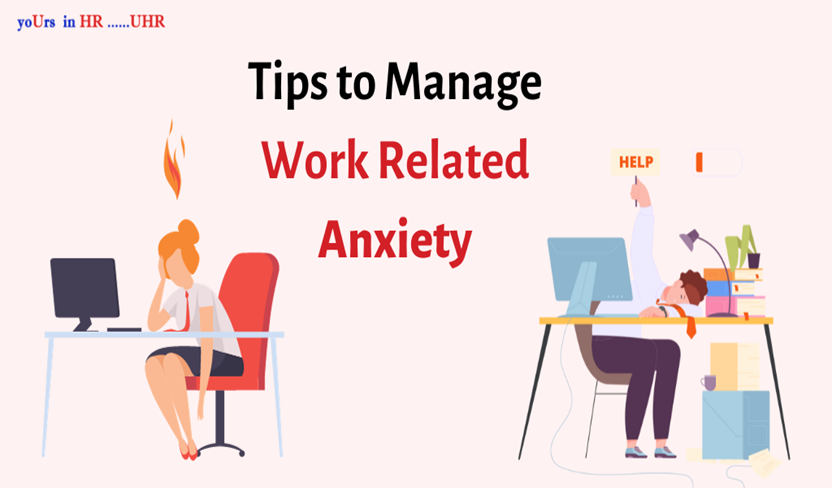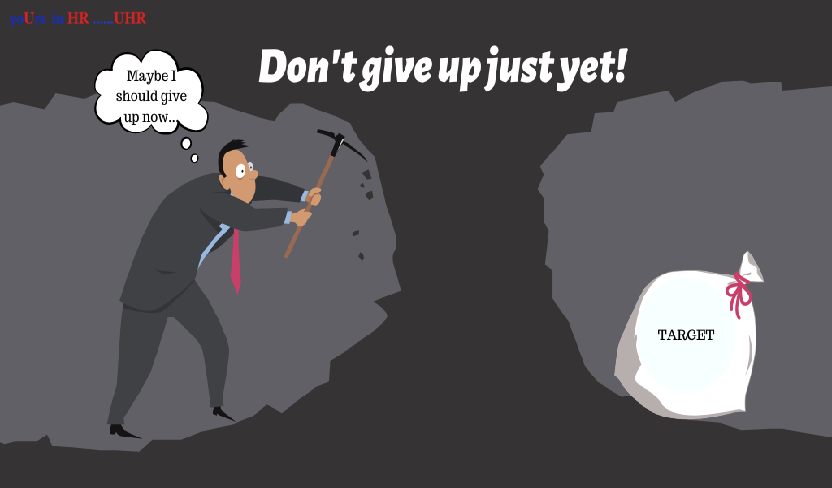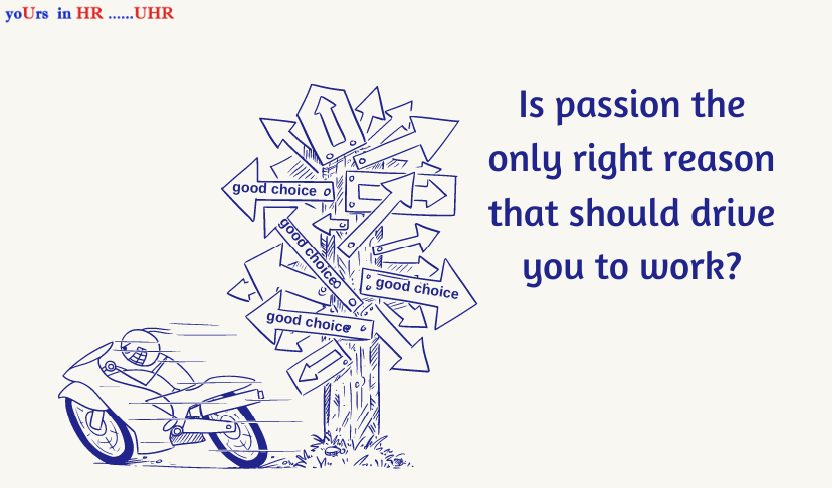
Have you ever felt a sense of dread or panic flow through you as you think about work? Have you felt a sense that you are constantly being judged by your colleagues and employers to the extent that you are conscious about every little mistake you make? Chances are, you have work related anxiety.
Being stressed about workload is normal. Caring about your work, and thus making sure you give your best is a good thing. But on an extreme end of this spectrum lies work related or workplace anxiety where the extreme worry manifests in symptoms such as:
- Inability to concentrate, difficulty in breathing, tightness of chest, overwhelm
- Extreme nervousness or persistent nervousness
- A need for perfection and hyper-focusing on mistakes, feeling like one slip-up will cause a massive downfall. In other words, engaging in catastrophic thinking
The good news is that anxiety can be managed and one can even channelise it in a different, healthier direction. (Shoutout to an article by Manah Wellness for inspiring us to have this conversation!)
Here are some tips to manage work related/workplace related anxiety.
Create your boundaries:
Boundaries are your best friend. Creating boundaries enables you to only take up that which you can and are willing to, and ensuring you remain in your own energetic space. Creating physical boundaries looks like owning up your space:
- Decorate your cubicle in ways that make you feel comfortable.
- Little post-it notes of affirmations, pictures and small objects on your desk that give you emotional support- these are all ways one can ensure one’s space remains one’s own.
- It also involves not compromising on your health and nutrition; taking breaks as and when needed, and not forgetting to eat well and drink water.
Creating emotional and psychological boundaries can look like:
- Politely declining to talk about one’s personal life, or using tact to make sure you don’t divulge too many personal details.
- Finding other ways to ‘participate’, when conventional ways to socialise feel too overwhelming.
- Declining, delegating or asking for more time if you have reached your limit and you cannot take up extra work. Work-life balance is not just a buzzword to use!
Boundaries aren’t ways to be cold to people, or to push people away. Boundaries in fact can act as our own fuel which enable us to provide the best version of ourselves.
Speaking of best version…
Understand that anyone can make honest mistakes:
Being your best version isn’t about taking extra stress to be the best! Many of us put so much pressure on ourselves to be the perfect colleague, or the star performer, or just to make sure we are hustling to the best of our abilities, that we forget that mistakes are a part and parcel of life. We think a slip-up from us will be remembered forever, and its impact would be irreversible. Tell your anxiety, that the world isn’t waiting to see you slip up!
The thing is, it’s okay to make mistakes, and it’s okay to not be perfect and be on a learning curve. People, groups or organisations will find ways to figure things out even if a big mistake has been made.
Catastrophic thinking and fear about making mistakes and slip-ups only prevents us from living a fuller life and reaching our potential.
Ask for help, accept the good:
An attitude of seeing the positive in everything can go a long way in helping us cope with anxiety. It’s a blessing that as the world is changing, many organisations these days provide counselling services, and other resources to work with. As awareness about mental health increases, many bosses and colleagues are also willing to offer support and destigmatise in whatever they can. All you have to do is look around and ask.
There are multiple mental health well-being apps, digital well-being features on phones that are here to help in managing our anxiety.
Anxiety about work is not something to be swept under the carpet, and it’s not something to be ashamed about. It’s a sign of our mind and body’s innate wisdom. Anxiety is a signal from our mind and body to pause, and reevaluate our approach to our well-being.





